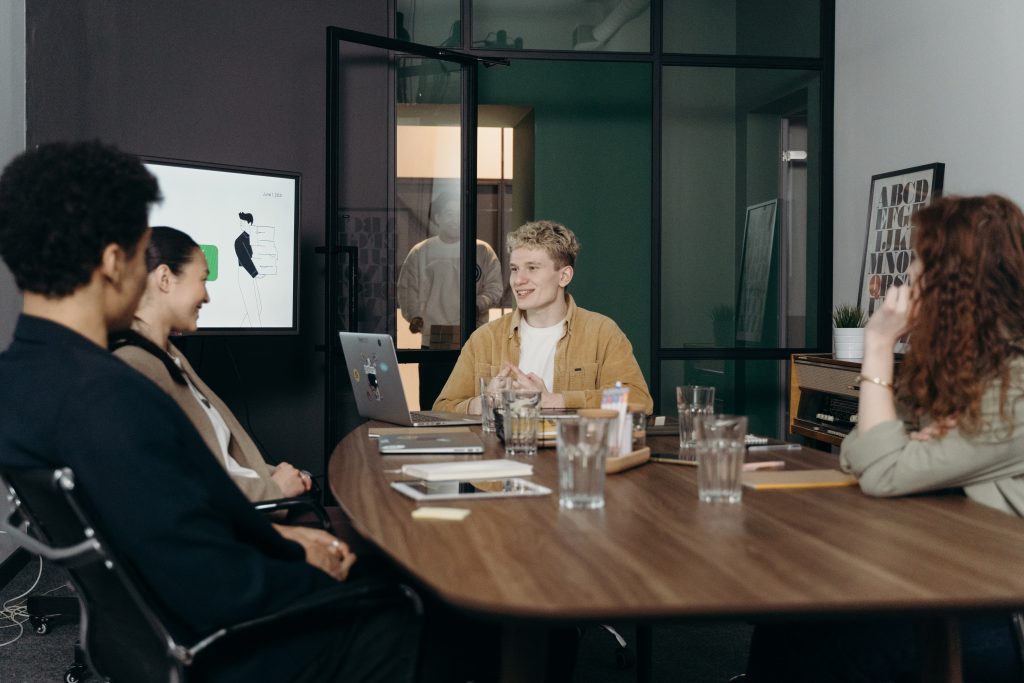This week is neurodiversity celebration week, which is all about challenging assumptions, misconceptions, and stereotypes, and celebrating neurodivergence.

As with most language, the terminology is constantly evolving, so here are a few terms in case you’re new to this topic:
Neurodiversity is a recognition that not all brains think or feel in the same way, and that we all naturally have variations how our brains function. A group of people is neurodiverse, but an individual is not.
Neurodivergent refers to a person who has a less typical cognitive variation, for example ADHD, autism, dyslexia etc.
Neurotypical refers to a person whose cognitive/intellectual function is typical.
While the terminology is helpful (and provides a framework to help people start conversations about neurodiversity), it’s important not to get hung up on language. Language, and worries about getting it wrong, shouldn’t stop us from having meaningful conversations. Everyone gets it wrong sometimes, it’s what you learn that’s important. If you’re ever unsure, the best thing to do is ask individuals which terms they prefer.
What’s critical is that the term “neurodiverse” does not become a synonym for “you are different to me”, when it should mean “we are different from each other”. It’s also important that this doesn’t become an umbrella term that erases the nuanced experiences of individuals who are neurodivergent.
Linked to that last point, every person has needs and preferences, and it’s not up to any one of us to assume the needs or preferences of another person. The guidance and support for employers to support people who are neurodivergent is limited, and the support that is available sometimes suffers from poor and conflicting definitions, stereotypes, and inaccurate representations. But it is growing, and it is improving.
So, what can we all do to celebrate neurodiversity?
- Firstly, take the time to learn, engage with the growing body of good-quality resources on this topic.
- Consider all the ways we can all make the workplace somewhere that everyone is welcomed and included.
- Characterise individuals based on the things they are good at, rather than the things they are not.
- Be allies – to paraphrase Emily O. Weltman, M. Ed., one way we can all advocate is to stop calling neurodevelopmental conditions “disorders”.
Disorder synonyms include illness, chaos, turmoil, and mess – language that is inherently negative. The associations people make with this language can be harmful, so let’s do better.
Further reading:
Neurodiversity Business Resources
A selection of resources curated by Neurodiversity Celebration Week to help businesses better support neurodivergent people.
Research paper – Neurodiversity at Work
In this paper, the term neurodiversity is defined and discussed from the perspectives of neuroscience, psychology, and campaigners with lived experience. The emerging dialogue is discussed with relevance to adults, social inclusion, occupational performance, and the legislative obligations of organizations.
Book – We’re Not Broken: Changing the Autism Conversation by Eric Garcia
This book is a message from autistic people to their parents, friends, teachers, co-workers, and doctors showing what life is like on the spectrum.
Book – Neurotribes: The Legacy of Autism and the Future of Neurodiversity
This New York Times-bestselling book upends conventional thinking about autism and suggests a broader model for acceptance, understanding, and full participation in society for people who think differently.
Book – Spectrum Women: Walking to the Beat of Autism
Barb Cook and 14 other autistic women describe life from a female autistic perspective, and present empowering, helpful, and supportive insights from their personal experience for fellow autistic women.
Neurodiversity in the workplace
RightTrack Learning is home to a family of learning and development specialists who, through the design and delivery of tailormade training solutions, support organisations just like yours to nurture inclusive workplaces, modern-day leaders and customer service superstars.
This interactive ‘Neurodiversity in the workplace’ training programme explores how the environments within which these individuals work can either facilitate or inhibit their growth and development, and has a practical focus on the small changes we can make to make a big difference.